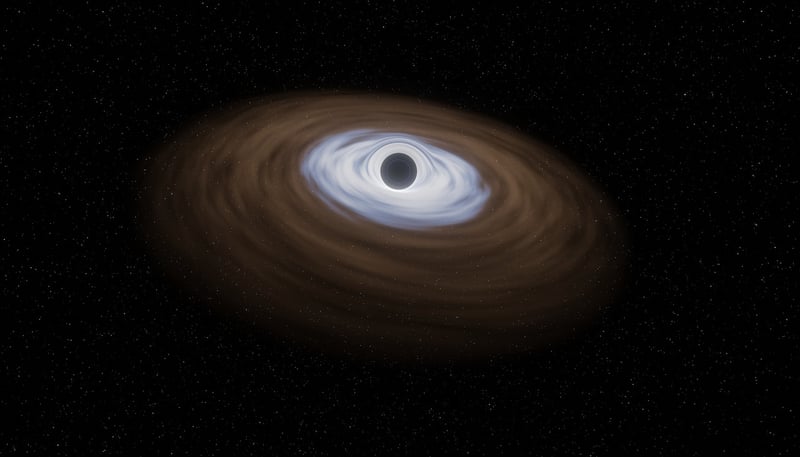Relativity Implications
The Fascinating World of Scientific Phenomena and Their Implications on Relativity
Science is a captivating realm full of mysteries waiting to be unraveled. From mind-bending phenomena to groundbreaking theories, the world of science never ceases to amaze us. In this article, we delve into some intriguing scientific phenomena and explore their implications on the theory of relativity.
Einstein's Theory of Relativity
Before we explore the fascinating phenomena, let's first understand the cornerstone of modern physics - Einstein's Theory of Relativity. Proposed by Albert Einstein in the early 20th century, this revolutionary theory fundamentally changed our understanding of space, time, and gravity.
Time Dilation
One of the most mind-boggling aspects of relativity is time dilation. According to this phenomenon, time moves slower for objects in motion relative to those at rest. This effect has been experimentally verified and plays a crucial role in the functioning of GPS satellites.

Gravitational Lensing
Gravitational lensing is another intriguing phenomenon predicted by relativity. Massive objects like stars and galaxies can bend the fabric of spacetime, causing light to bend around them. This effect has been observed during astronomical events, confirming Einstein's predictions.

Black Holes
Black holes are perhaps the most enigmatic entities in the universe. These regions of spacetime exhibit such strong gravitational effects that nothing, not even light, can escape their grasp. The study of black holes has provided valuable insights into the nature of spacetime curvature.

Conclusion
From time dilation to gravitational lensing and black holes, the world of scientific phenomena is a treasure trove of wonders that continue to challenge and expand our understanding of the cosmos. By exploring these phenomena and their implications on relativity, we embark on a journey towards unlocking the secrets of the universe.
